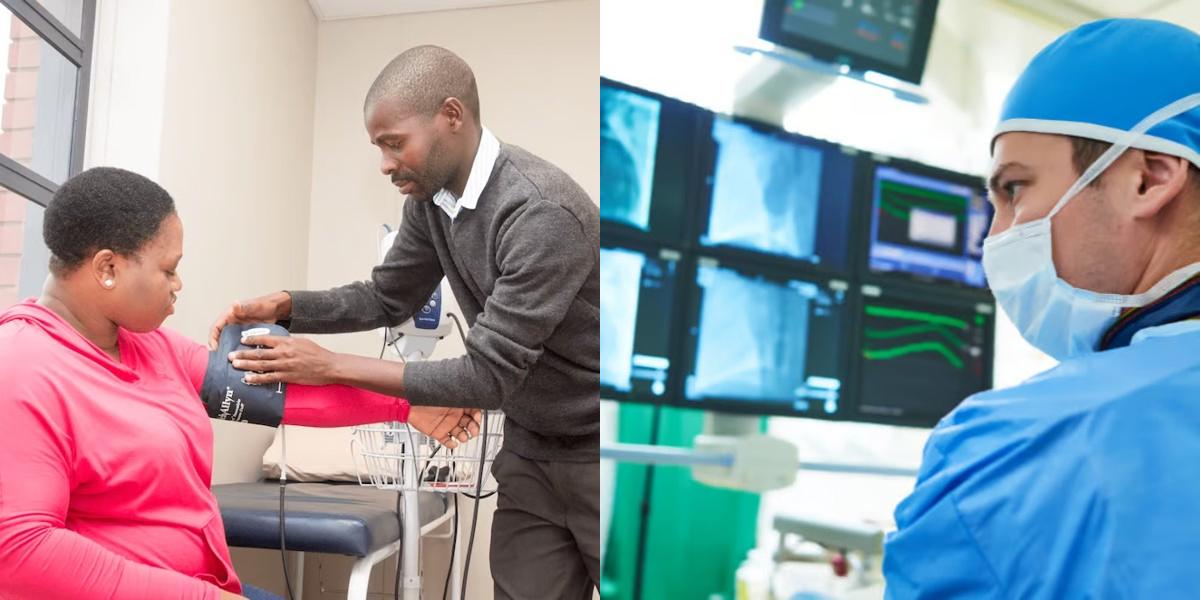Medical Assistant vs Radiology Technician

If you're exploring fast-growing healthcare careers and wondering whether to become a medical assistant or a radiology technician, this guide breaks down the key differences. It helps you decide based on salary, training length, work environment, and long-term job prospects.
Salary and Job Outlook
Medical Assistant
- Average salary: $44,200 per year (BLS, 2024)
- Job growth: 15% projected from 2023 to 2033
- Job search: Medical Assistant jobs near you
Radiology Technician
- Average salary: $77,660 per year (BLS, 2024)
- Job growth: 6% projected from 2023 to 2033
- Job search: Radiology Technician jobs near you
Cost of Training
Medical Assistant
- Tuition ranges from $3,000 to $15,000
- Financial aid, grants, and payment plans available
- Online and hybrid formats are widely offered
Radiology Technician
- Tuition ranges from $7,000 to $40,000
- Most programs require in-person attendance
- Financial aid and scholarships available
Which Career Fits You Best?
Medical Assistant may be right if you:
- Prefer a fast, affordable training path
- Enjoy multitasking and working with patients
- Want flexible options including online classes
- Like combining admin and clinical duties
Radiology Technician may be right if you:
- Want a higher salary and specialized role
- Are interested in medical technology and imaging
- Prefer structured routines and technical work
- Can commit to a longer, in-person program
Final Thoughts
Both careers offer strong job security and entry into the healthcare field without a four-year degree. Your choice depends on your timeline, interests, and long-term goals.
Ready to compare programs? Dreambound helps you find and enroll in top-rated training options for both careers.
Explore Dreambound's programs, conveniently offered in multiple locations. Learn more about these two vocations by visiting:

Marce Arnejo is part of the Sales team at Dreambound. Her role involves seeking out schools and institutions to provide valuable opportunities for students seeking a career in the healthcare sector. Beyond her professional life, Marce is passionate about music and gaming. She finds joy in exploring various genres of music and using gaming to unwind and immerse herself in virtual worlds. Her diverse interests enrich her personal life and contribute to her work by bringing new ideas and creativity.





